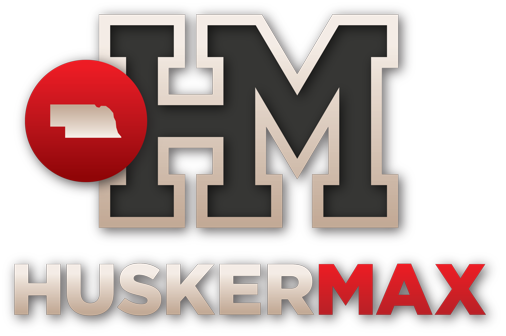NCAA Agrees to Share Revenue With Athletes in Landmark $2.8 Billion Settlement
https://www.wsj.com/articles/ncaa-revenue-athletes-settlement-0b53306d
https://www.wsj.com/articles/ncaa-revenue-athletes-settlement-0b53306d
Last edited:

 sports.usatoday.com
sports.usatoday.com
Cue the complaining about the inevitable. I'm happy that the athletes will get more of a fair share of the money that they help to bring in. The bidding wars for players will look a bit sordid, but I don't begrudge the athletes getting what they're worth to a school.
The 20 million a year limit isn’t backed by a collective bargaining agreement; so how will that br legal under antitrust laws? Those antitrust laws are the ultimate undoing of the NCAA.
Yep. Allow players who have had their NIL made millions of dollars off them in the past to finally get money.
Without a CBA or antitrust laws, this is only going to prompt suits from non-paid athletes. Then those sports will be dropped (or dropped pre-lawsuit).I'm guessing they'll require the athletes (who get compensated) to sign some sort of an agreement with the Universities that will take them off the table from a lawsuit standpoint.
To your point, the rest of the athletes won't be happy about it and you'll see more lawsuits.
Sounds great.
Without a CBA or antitrust laws, this is only going to prompt suits from non-paid athletes. Then those sports will be dropped (or dropped pre-lawsuit).
$20M a year isn't jack compared to what some teams are paying now. We know some football teams themselves are spending $20M on the team. Add in Basketball, vball, baseball, and you're well past $20M. Say goodbye to all other varsity sports.
This is going to be a complete dumpster fire for a few years (5-10 is my guess).
IMO, you'll see 30ish schools stay at the top. The rest will go back to a "club" sport mentality. Those players won't be employees, won't be paid (maybe some scholarships, low dollar), games won't all be on tv, etc...Over the next few years, as the effects of the recent changes (portal, NIL, and now, paying players) really come into play, we’ll get a true look at the future of college sports. I don’t believe that we’ve yet begun to see the long range ramifications and I’m not confident that this will ultimately work to the benefit of the universities, the sports, or the players themselves. Look to professional leagues (this pay-for-play now turns college athletics into professional leagues) to see what is done to maintain a competitive balance - an annual draft, revenue sharing, salary caps, etc). With the “wild west” nature of what we’re seeing now I don’t see any way that we’re going to get the horse back in the barn - college teams will be defined by who can pay the most. High revenue schools will be able to afford to pay the highest salaries thereby ensuring continued championship runs. Sorry if you’re a school that can’t afford to pay the price to get or hold on to top tier players. Ultimately, though, it will come down to the fans. If fans continue to tune in, the money will continue to flow, but I question how many fans will continue to support their teams knowing that their teams are little more than cannon fodder for the elite few. And, with essentially unlimited free agency every year, the top revenue teams will simply snatch top players from those schools that can’t pay top dollar. Seems like only a matter of time until we eliminate that last pesky little detail of expecting the players to actually be students.
Every business on the planet makes money off their employees. Yes, they get paid for their work, but so did the students... and most businesses make a lot more off your work compared to what you are paid. They students were compensated for playing, before this happened, with many free items, not to mention a career, if football didn't work out.
If they are going to get paid, then they should no longer get a free education.
